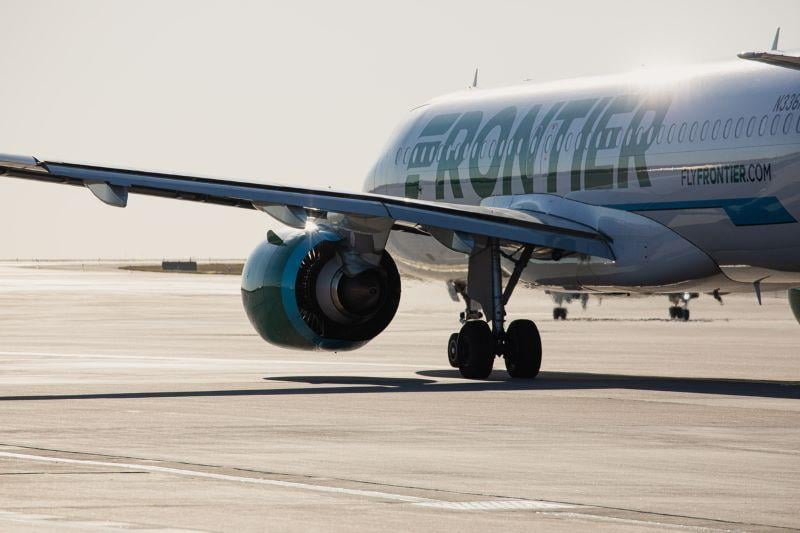
Credit: Frontier Airlines
A group of lawmakers from the U.S. House and Senate are urging the Biden administration to block the proposed merger between Frontier Airlines and Spirit Airlines, warning the tie-up would “monopolize the ultra-low-cost segment of the industry.” On Feb. 7, the two airlines announced a proposal by...
Subscription Required
This content requires a subscription to one of the Aviation Week Intelligence Network (AWIN) bundles.
Schedule a demo today to find out how you can access this content and similar content related to your area of the global aviation industry.
Already an AWIN subscriber? Login
Did you know? Aviation Week has won top honors multiple times in the Jesse H. Neal National Business Journalism Awards, the business-to-business media equivalent of the Pulitzer Prizes.





